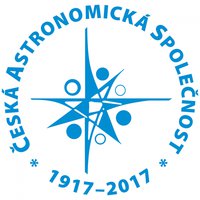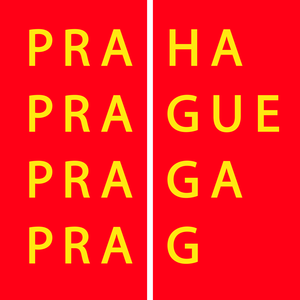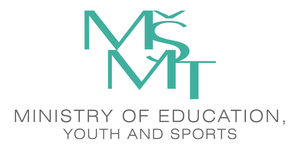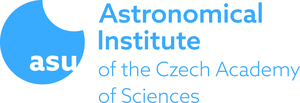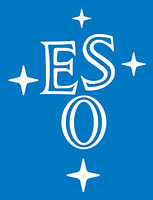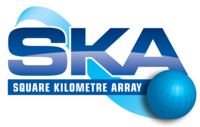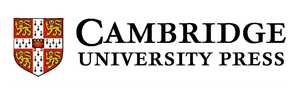Symposium S2
26 – 27 June 2017
1st Gaia Data, New Science, New Opportunities, Synergies with Radio Astrometry - the Gaia Research for European Astronomy Training (GREAT) Network
Aims and scope
 The ESA cornerstone mission Gaia was successfully launched in December 2013, and began routine survey operations in July 2014. Gaia will provide an unprecedented all-sky astrometric, photometric, and spectroscopic survey that will not only revolutionise our understanding of the formation history of the Milky Way, but that will also have a significant impact on many other areas of astronomy ranging from solar system science to quasars. The first Gaia data release (Gaia DR1) took place on September 14 2016.
The ESA cornerstone mission Gaia was successfully launched in December 2013, and began routine survey operations in July 2014. Gaia will provide an unprecedented all-sky astrometric, photometric, and spectroscopic survey that will not only revolutionise our understanding of the formation history of the Milky Way, but that will also have a significant impact on many other areas of astronomy ranging from solar system science to quasars. The first Gaia data release (Gaia DR1) took place on September 14 2016.
The key goals of our symposium will be for the Gaia project to provide the science community with the latest scientific and technical performance of Gaia, to discuss the results from the analyses of data from Gaia DR1, the science from the three years of Gaia science alerts (e.g. asteroids, supernovae, novae, etc), and to give the community the opportunity to present the latest science results from complementary activities carried out by and in the Gaia/GREAT community.
In addition, one of the symposium sessions is dedicated to the synergies with radio astrometry focussing on the latest groundbreaking results coming from new radio and optical astrometry, and the combination of the two methods, such as for the improvement of the International Celestial Reference Frame. Discussions on the scientific merit of combining radio and optical astrometry are strongly encouraged.
GREAT (an initiative of the ESA Gaia Project, Gaia Science Team and Data Processing and Analysis Consortium Executive) is a pan-European research network involving over 1000 researchers in 20+ countries with a common interest in maximising the science potential of Gaia. It was funded (2010-2015) via ESF and EU network programmes (http://www.great-esf.eu and http://www.great-itn.eu). GREAT is fully open to all European (and indeed world wide) astronomers, and will seek to expand further 2016-2020 through the COST and H2020 programmes
GREAT has supported science activity in the form of over 60 conferences, workshops and schools together with numerous exchange visits (see http://great.ast.cam.ac.uk/Greatwiki/GaiaScienceMeetings). Its working groups cover topic areas where Gaia will have major impact (e.g. galactic structure and evolution, distance scales, massive stars, end states of stellar evolution, exoplanets, solar system, statistics, to name but a few - see http://great.ast.cam.ac.uk/Greatwiki/CategoryWorkgroups).
GREAT plenary meetings have run since 2009, allowing members of the GREAT and wider community to participate in a dynamic fashion. They are structured around Gaia updates, presentations from related organisations (e.g. ESO), reports from new initiatives, and new science results from the network activities.
Since 2012, the GREAT plenary has been organised within the high impact EAS EWASS.
Programme
- Gaia DR1 science I
- Gaia / DPAC/ GREAT status
- Gaia DR1 science II
- Gaia DR1 science III
- Gaia networking, synergies with other surveys
- Special session: synergies with radio astrometry
Invited speakers
The speakers and programme will be available at the meeting website - see http://great.ast.cam.ac.uk/Greatwiki/GreatMeet-PM10
Scientific organisers
The co-Chairs are Anthony Brown (Leiden Observatory, Leiden University, NL), Kazi Rigl (Bologna), Nicholas Walton (Institute of Astronomy, University of Cambridge, UK), and Timo Prusti (ESTEC, ESA). The organising committee consists of the members of the Gaia Science Team and the DPAC Executive: Carine Babusiaux (Paris, FR), Coryn Bailer-Jones (Heidelberg, DE), Uli Bastian (Heidelberg, DE), Laurent Eyer (Geneva, CH), Carme Jordi (Barcelona, ES), Floor van Leeuwen (Cambridge, UK) Lennart Lindegren (Lund, SE), Xavier Luri (Barcelona, ES), Sergei Klioner (Dresden, DE), Francois Mignard (Nice, FR), Dimitri Pourbaix (Brussels, BE), Maria-Sofia Randich (Arcetri, IT), Paola Sartoretti (Paris, FR), Hassan Siddiqui (ESAC, ESA, ES), Caroline Soubiran (Bordeaux, FR), Veronique Valette (Toulouse, FR), Antonella Vallenari (Padova, IT)
Contact
Anthony Brown (brown? @ ?strw.leidenuniv.nl)
Updated on Wed Apr 12 14:36:28 CEST 2017
|
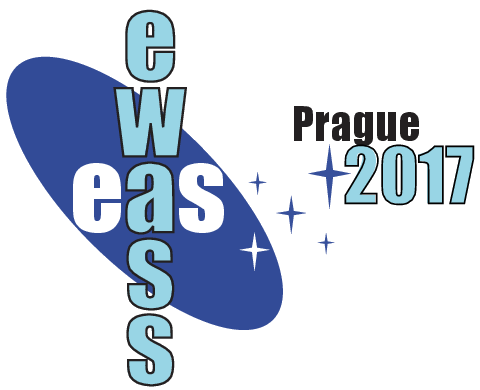
 A power cut will shut down all EAS services on Tuesday, 10 January 2017 starting at 7:30 CET.
A power cut will shut down all EAS services on Tuesday, 10 January 2017 starting at 7:30 CET.

